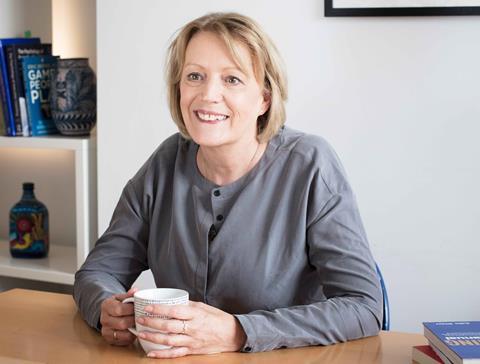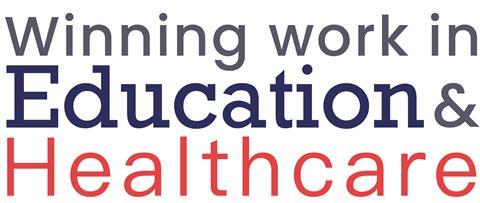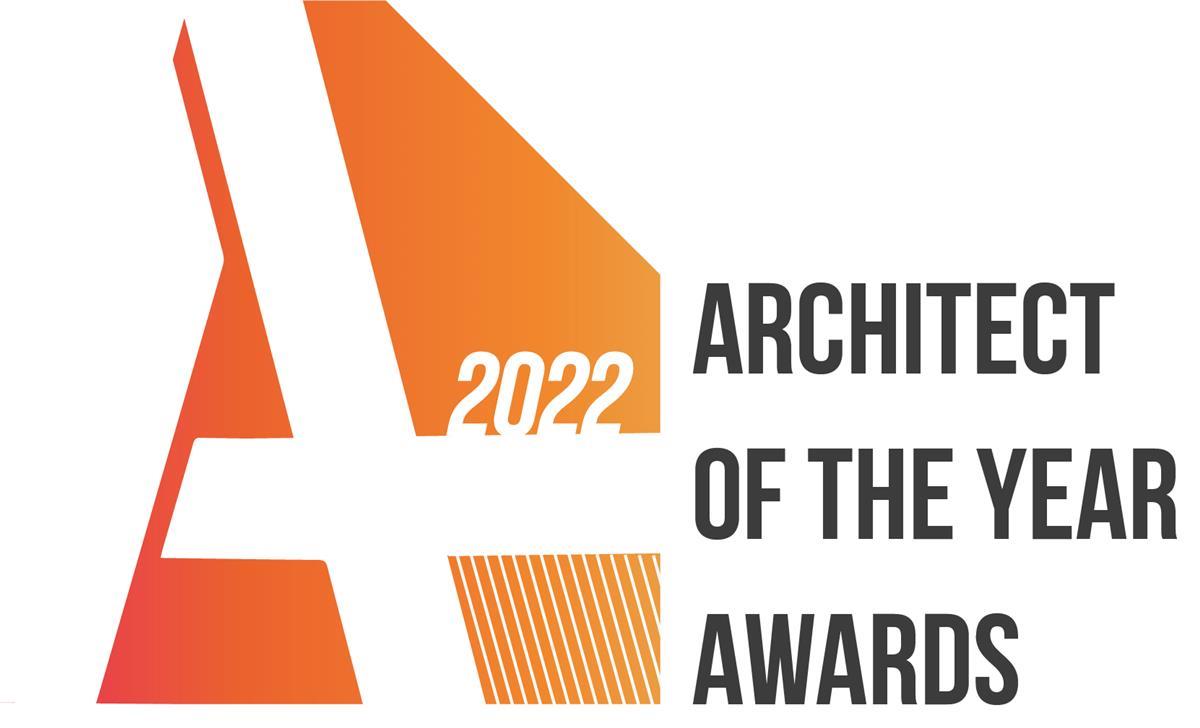Doomscrolling the news from Ukraine? Louise Rodgers explains how to turn anxiety into something more constructive

I am conscious, as I sit down to write this, that there are many more things on people’s minds than the issues they usually bring to a business or executive coaching session.
The impact of the war in Ukraine is already being felt in our sector; from supply chain disruption to labour shortages (an architect I work with told me yesterday that 10 Ukrainian workers have left one of his sites, to go home and fight).
Many architects have already pulled out of projects in Russia or are working on Russian-funded projects in the UK, so workstreams are likely to be affected.
I am not qualified to offer any analysis of these issues but as a coach two things strike me as important.
The first of these is crisis fatigue. One definition I read explained this as “a response to the prolonged stress that develops due to unexpected or difficult events, such as war, economic depression, or a pandemic”.
You don’t have to be on the frontline to experience crisis fatigue. We have all been through a pandemic and just as we thought it was safe to assume that things might soon be returning to normal, we get hit by a new set of psychological stresses.
These can have an impact on our mental wellbeing and, if we are not careful, also on our health. Scientists call this our “allostatic load” or, colloquially, “wear-and-tear”, because it can lead to a host of physical problems such as a weakened immune system (not helpful in a pandemic) and cardiovascular problems. It can also result in things such as sleeplessness, stress-eating, or an over-dependence on alcohol.
So far, so bad. But there is also good news. Our experiences during the pandemic have taught us how better to deal with stress. They have made us more aware of our own mental health and the mental health of those around us. Many of us have changed how we live and work; most workplaces are more sensitive to the mental health of their teams; and meditation and mindfulness are terms that have crept into mainstream culture. And, despite the despair, there have been glimpses of a society with a heightened sense of community and kindness.
这就引出了我想提的第二件事,那就是同理心。
Empathy, or the ability to see things from another’s perspective – to “walk in their shoes” so we can better understand them, has become increasingly valued as a key characteristic of emotional intelligence, and a core quality of good management and leadership.
在工作中,同理心似乎是一种明显的善的力量。它可以帮助人们感到舒适和开放与你。如果你能学会识别和理解别人的感受,并设法为他们留出空间,让他们安全地表达这些感受,你就证明了你关心他们。你也建立了忠诚度,更有可能从人们身上得到最好的东西。
But over the past couple of weeks, when we have been witnessing the pain of people experiencing war at first-hand, we may have felt a more intense empathy. At times the television news, especially, has felt like an emotional onslaught and I, for one, have found it much harder to stop these emotions sitting in my mind and my body. Which got me thinking, is there such a thing as empathy overload?
Like crisis fatigue, if we allow ourselves to be emotionally hijacked by empathy, we are more likely to succumb to feelings of hopelessness or emotional burnout.
The trick is to foster compassion, which is a response to empathy, rather than “sit with” the empathy itself. Compassion creates a desire to act, in whatever way we can, to mitigate the plight of people for whom we feel empathy. It is also a much more helpful response than either sympathy or pity, neither of which includes the altruistic wish to help or connects us to others like compassion does.
Moving from empathy to compassion takes practice. We can start by noticing the effect that empathy – our shock and solidarity at seeing what is happening in Ukraine – is having on our mind and body, and then naming it. This sounds weird but has the effect of placing us somehow “outside” of the initial empathetic response so that we can acknowledge it but not inhabit it. As a coach, I often ask: “Where are you feeling this in your body?”.
下一步是做一些我们知道会让我们“立足”的事情。对一些人来说,这可能是通过他们的即时痛苦反应呼吸(四次深呼吸,四次缓慢呼吸),或把双脚放在地板上,关注我们周围的环境。对其他人来说,它可能只是拥抱一个心爱的人,或狗。不管是什么,都需要从电视或广播新闻和“末日滚动”中休息一下。
I then recommend some regular distractions such as a long and arduous cycle ride or a slower walk in nature, yoga or meditation, cooking or reading a novel. Whatever works for you.
The war in Ukraine has demonstrated our global interconnectedness, both economically and socially. It has also emphasised our human interconnectedness, and it is by working with this and cultivating our compassion that we can find our way through to making that connectivity a force for good, and for change.
Postscript
Louise Rodgers is Building Design’s professional coach. A personal and business coach, she co-created and co-delivers Step Up, a leadership development programme for built environment consultants.
Do you have a question for Louise? If so email louise@eidyia.co.uk. She will use the most interesting in her columns but cannot enter into individual correspondence.
Hear more from the event on the next episode of Louise and Rachel’s podcast,Coaches on the Couch.
















No comments yet